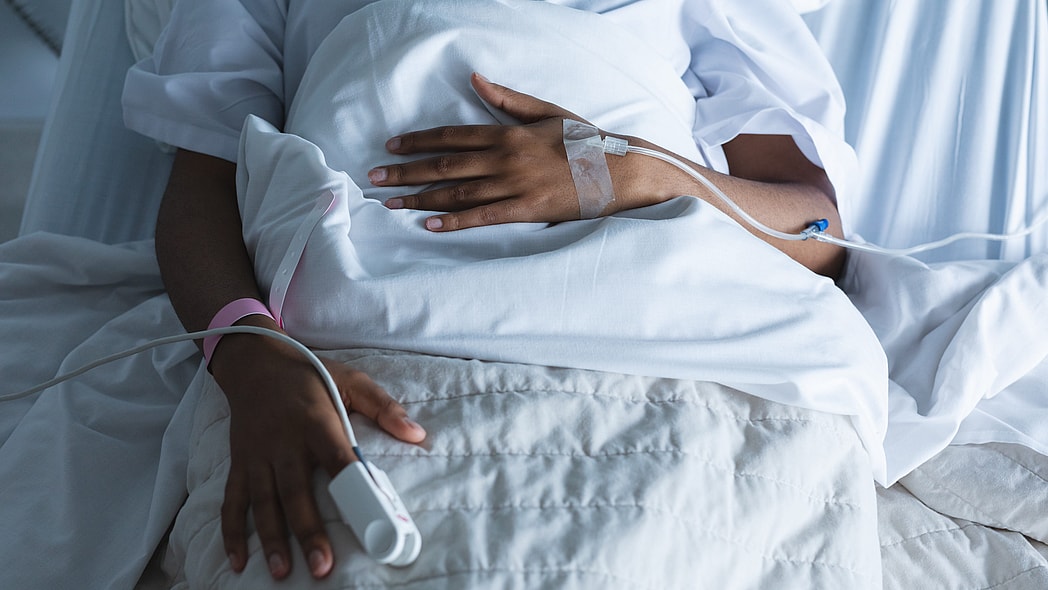A Black mother died in Georgia after the state’s strict anti-abortion laws caused an almost 24-hour delay in her care.
In August 2022, Amber Nicole Thurman, 28, traveled to a North Carolina clinic to have an abortion, People magazine reported. She could not have the procedure done in the state of Georgia, where she lived, because she was six weeks pregnant — and following the 2022 overturn of Roe v. Wade, the state had enacted a ban on abortions after six weeks’ gestation.
The clinic gave her the pregnancy-ending pills mifepristone and misoprostol, which she took back home in Georgia. Days later, Thurman developed a rare complication where she didn’t expel all of the fetal tissue, according to ProPublica, the outlet that first reported her case.
Thurman, a medical assistant and mom to a 6-year-old boy, began experiencing heavy bleeding and pain before eventually losing consciousness at home. Her boyfriend called an ambulance and she was taken to Piedmont Henry Hospital in Stockbridge. The tissue that remained had caused her to develop an extremely dangerous infection known as sepsis.
However, due to Georgia’s anti-abortion laws, doctors didn’t proceed with a D&C (dilation and curettage). Despite her losing consciousness in her hospital room and her condition worsening rapidly, she did not receive treatment for nearly 24 hours.
ProPublica reports that an official state committee found that doctors waited for 20 hours to operate while they monitored Thurman’s infection — during which time her blood pressure dropped to dangerous levels and her organs failed.
Recommended Stories
After her death, a state investigation found that it was “preventable” — and ProPublica said that Thurman’s is the first known “preventable” case linked to abortion.
The publication notes that it will more than likely take another two years to fully learn the impact of losing Roe v. Wade as many hospitals have a two-year reporting lag in the causes of deaths of patients. However, it is not surprising the first public story is a Black woman. The maternal health crisis continues to impact Black mothers disproportionately.
What happened to Thurman isn’t just among the risk of an abortion. This can also occur in the event of a miscarriage, vaginal delivery, or C-section, according to the Mayo Clinic. When many warned that overturning Roe v. Wade and allowing the states to decide could have adverse effects on women’s health at large, this is what many feared.
“We actually have the substantiated proof of something we already knew — that abortion bans kill people,” Mini Timmaraju, president of the abortion-rights group Reproductive Freedom for All, said to Mother Jones about Thurman’s case. “It cannot go on.”
Meanwhile, in Georgia, Dr. Krystal “KR” Redman, who co-founded SPARK, told the outlet, “Amber’s case is just an example of the ongoing systemic negligence that continues to claim the lives of Black folks.”
Redman added, “Reproductive justice is not just about abortion access, but also about the broader right to quality, comprehensive, full-range, culturally humble care, life-saving health care for all of us.”









